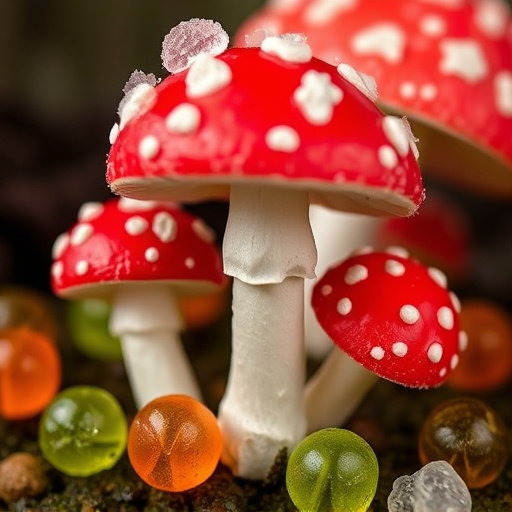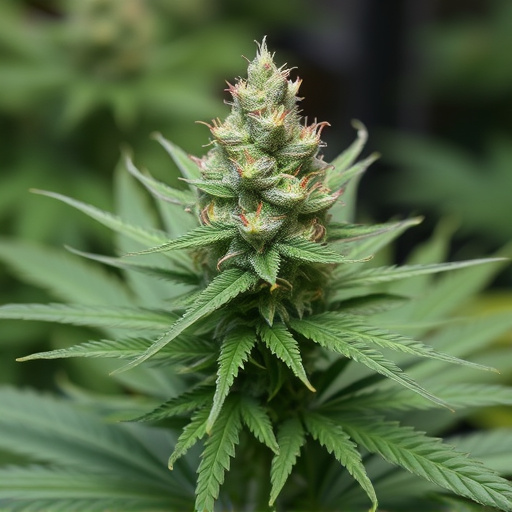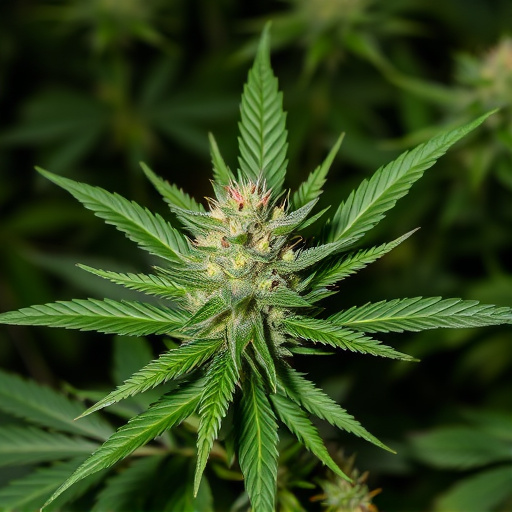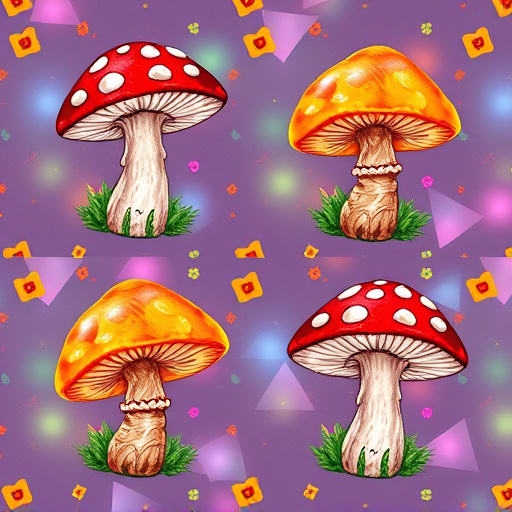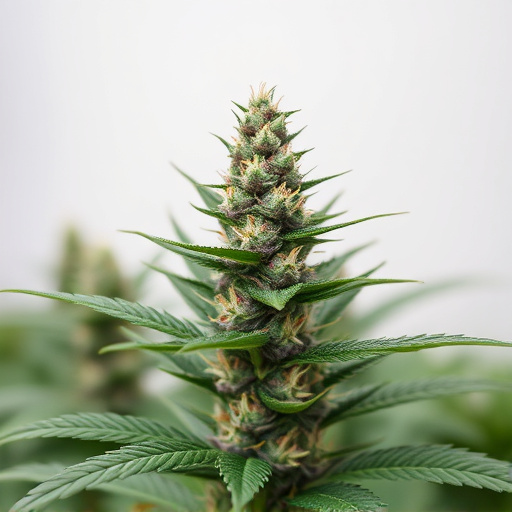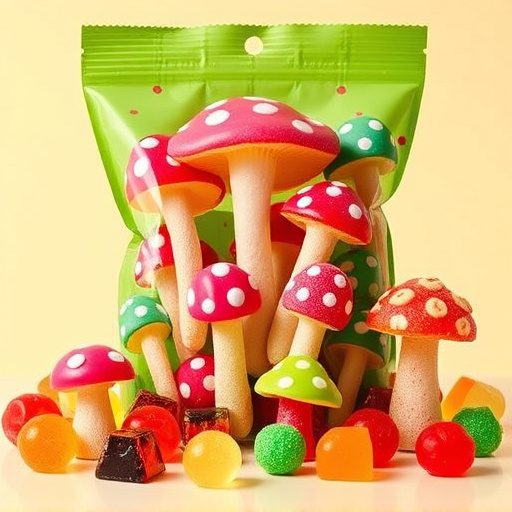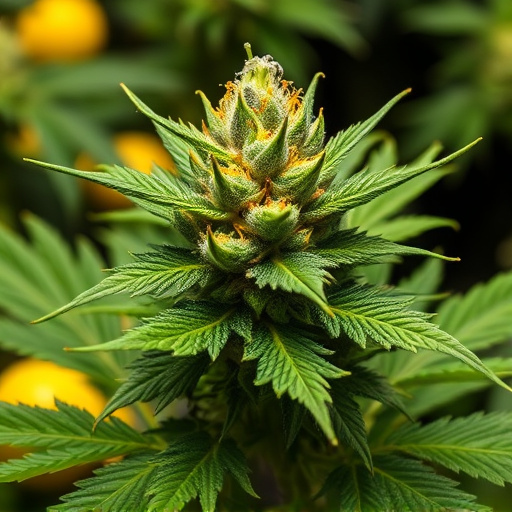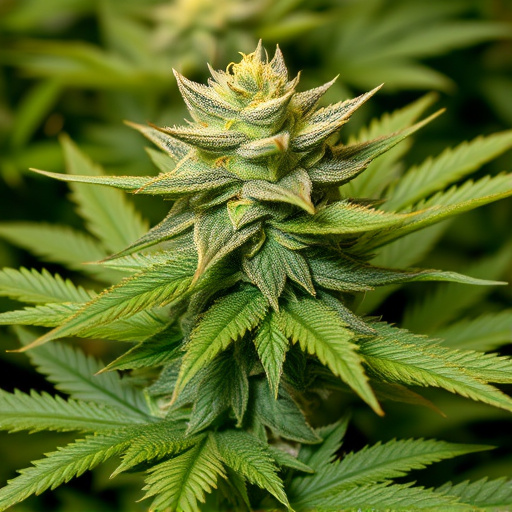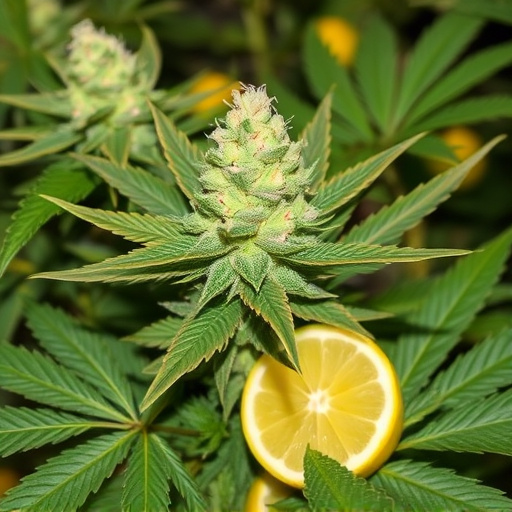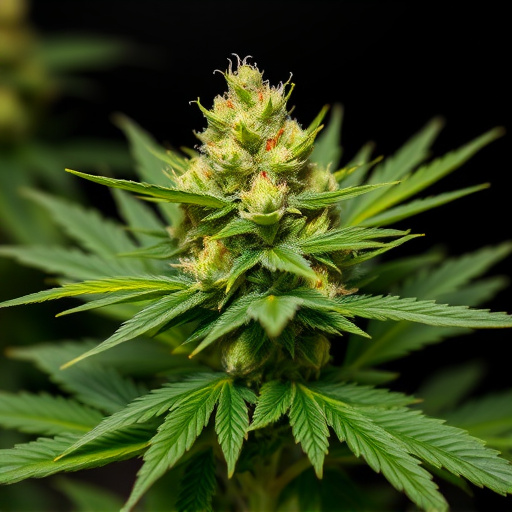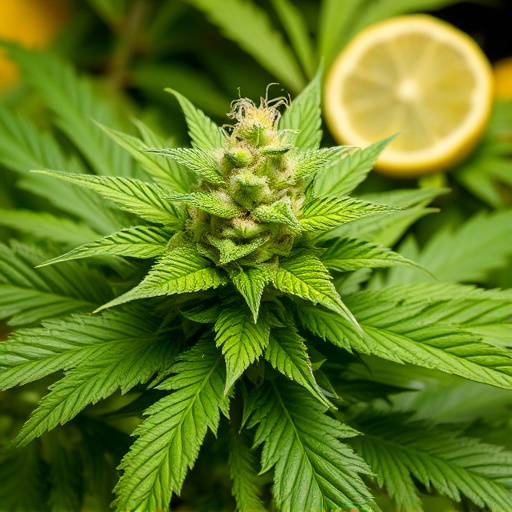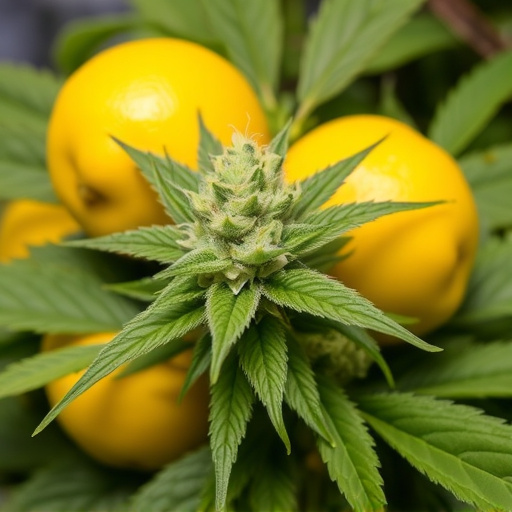Lemon cannabis strains, rich in limonene, positively impact mood and stress reduction by interacting with dopamine and serotonin neurotransmitters in the brain. THC binds to dopamine receptors, enhancing pleasure and reward, while CBD modulates serotonin levels through 5-HT1A receptors. Beyond recreation, these strains show potential for mental health regulation, cognitive enhancement, and anxiety reduction due to their unique combination of terpenes and cannabinoids.
Cannabis has long been known for its effects on the brain, but its impact on neurotransmitters like dopamine and serotonin is a complex and intriguing area of study. This article explores how cannabis interacts with these key players in our reward system and mood regulation. We’ll delve into the science behind dopamine and serotonin, understand their roles in pleasure and mental health, and specifically examine the potential effects of lemon cannabis strains on brain chemistry.
- Understanding Dopamine and Serotonin: The Neurotransmitters of Pleasure and Mood Regulation
- Cannabis and Its Impact on Dopamine and Serotonin Systems
- Lemon Cannabis Strains: Potential Effects on Brain Chemistry and Mental Health
Understanding Dopamine and Serotonin: The Neurotransmitters of Pleasure and Mood Regulation
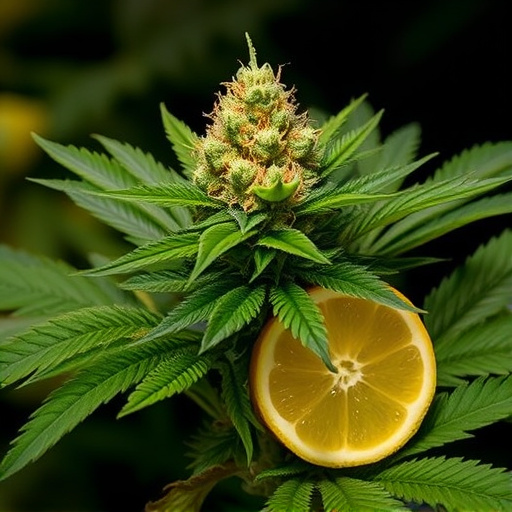
Dopamine and serotonin are two key neurotransmitters that play vital roles in regulating our mood, pleasure, motivation, and overall well-being. Understanding their functions is essential to comprehending how cannabis interacts with our brain chemistry. Dopamine is often referred to as the “feel-good” neurotransmitter because it’s involved in experiences of reward, pleasure, and reinforcement of behaviors. It stimulates feelings of euphoria and motivates us to seek out pleasurable activities. Serotonin, on the other hand, is associated with mood regulation, appetite, sleep, and cognitive functions. Imbalances in serotonin levels have been linked to various mental health conditions like depression and anxiety.
Cannabis contains numerous compounds, including THC (tetrahydrocannabinol) and CBD (cannabidiol), that can interact with both dopamine and serotonin systems. Specific cannabis strains known for their high limonene content, such as lemon-themed varieties, have been associated with enhanced mood elevation and reduced stress due to the combination of these effects on dopamine and serotonin. Limonene itself has been studied for its potential therapeutic benefits, including anti-depressant and anxiety-reducing properties. This interaction highlights how cannabis can impact our brain’s reward system and emotional state, providing insights into both its potential recreational and medicinal applications.
Cannabis and Its Impact on Dopamine and Serotonin Systems
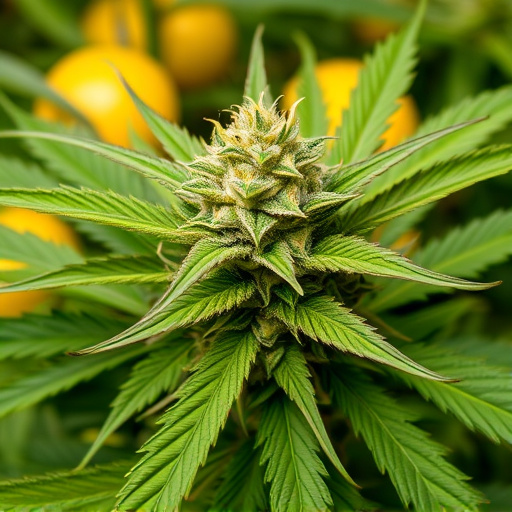
Cannabis, particularly unique varieties like lemon cannabis strains, has been shown to interact with the brain’s neurotransmitter systems, including dopamine and serotonin. These neurotransmitters play pivotal roles in regulating mood, motivation, pleasure, and cognitive functions. Lemon cannabis strains, known for their distinct aroma and flavor profiles, contain various chemical compounds called cannabinoids, most notably THC (tetrahydrocannabinol) and CBD (cannabidiol).
THC is well-documented for its ability to bind with dopamine receptors in the brain’s reward system, leading to increased feelings of pleasure and euphoria. This interaction can temporarily enhance motivation and reward-seeking behaviors. On the other hand, CBD has been studied for its potential to modulate serotonin levels by interacting with 5-HT1A receptors, which are involved in regulating mood and anxiety. Balancing dopamine and serotonin systems is crucial for maintaining mental health, and understanding how cannabis influences these neurotransmitters offers valuable insights into both therapeutic potential and risks associated with its use.
Lemon Cannabis Strains: Potential Effects on Brain Chemistry and Mental Health
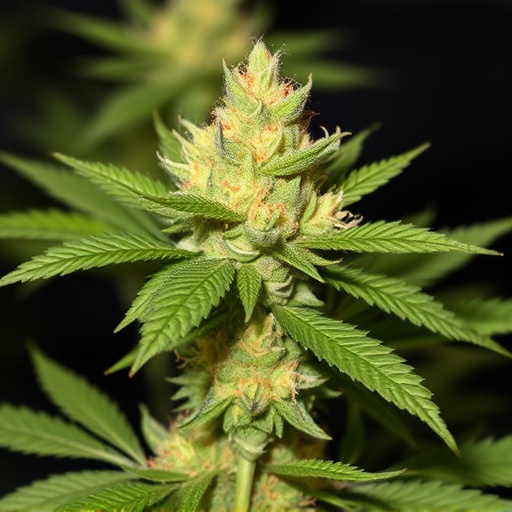
Lemon cannabis strains, known for their citrusy aroma and flavor, offer more than just a delightful sensory experience. The unique chemical composition of these strains, rich in limonene terpene, can interact with the brain’s chemistry in significant ways. Lemon cannabis is often associated with uplifting and energizing effects due to its high levels of THC (tetrahydrocannabinol), the primary psychoactive compound. However, its therapeutic potential goes beyond mere recreation.
The impact on dopamine and serotonin, neurotransmitters crucial for mood regulation, motivation, and pleasure, is a key area of interest. Limonene has been linked to increased serotonin levels, which can contribute to improved mood and reduced symptoms of anxiety and depression. Moreover, the combination of limonene and THC may enhance cognitive functions and promote neuroplasticity, offering potential benefits for mental health conditions. Thus, lemon cannabis strains emerge as a promising area of study in the field of cannabis research, providing a glimpse into how specific terpenes can modulate brain chemistry and contribute to overall mental well-being.
In conclusion, cannabis’s impact on dopamine and serotonin systems is a complex topic that offers insights into its various effects on mood and pleasure. While cannabis can temporarily enhance feelings of happiness, understanding the nuances, especially with specific strains like lemon cannabis, is crucial for promoting mental health. Further research into lemon cannabis strains’ potential benefits and risks is essential to navigate this evolving landscape of neurochemical interactions.
